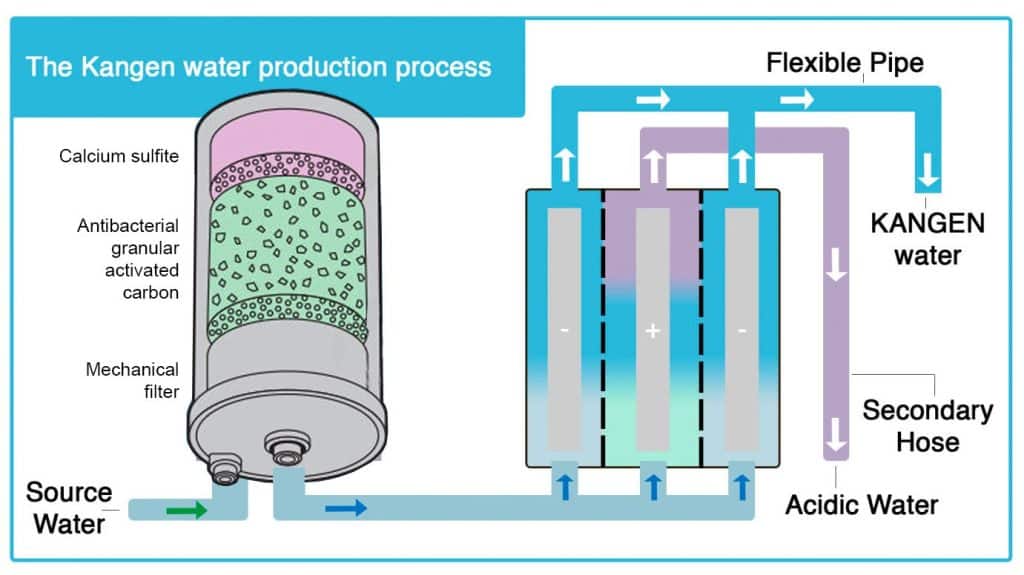Why Your Water Quality Matters
The water flowing from our taps often contains harmful pollutants that can negatively impact our health and well-being. While bottled water might seem like a solution, it comes with its own set of challenges.
Plastic bottled water is not only an environmental hazard due to its origins in crude mineral oil, but it also takes hundreds of years to decompose. Moreover, research conducted in 2018 revealed a concerning issue—many bottled water products contain microplastics. In a study assessing 11 widely available bottled water brands from 9 countries, 93% of the 259 bottles sampled were found to contain microplastics. This contamination was traced to both the packaging materials and the bottling process.
As water makes up approximately 70% of the human body, its quality is essential for maintaining good health. This is where advanced water purification solutions like Enagic’s Kangen Water® machines come into play.
The Science Behind Kangen Water®
Kangen Water® is produced through a state-of-the-art electrolysis process using Enagic’s certified hospital-grade water ionizers. This process not only purifies the water but also alters its molecular structure, creating hydrogen-rich water (H2). Molecular hydrogen acts as a powerful antioxidant, helping the body combat free radicals and function at its best.
How Kangen Water® is Made:
Filtration
The process begins with high-grade filtration, which removes chlorine, unpleasant odors, bad taste, and particles as small as 5 micrometers, resulting in clean, purified water.Electrolysis
The filtered water passes through specialized electrode plates and membranes, separating into alkaline and acidic streams.- At the cathode (-): Hydrogen ions combine with electrons to form molecular hydrogen (H2), resulting in antioxidant-rich, alkaline water.
- At the anode (+): Hydroxide ions react, releasing oxygen and creating acidic water.
The two water types are separated and dispensed through different outlets for various uses.






